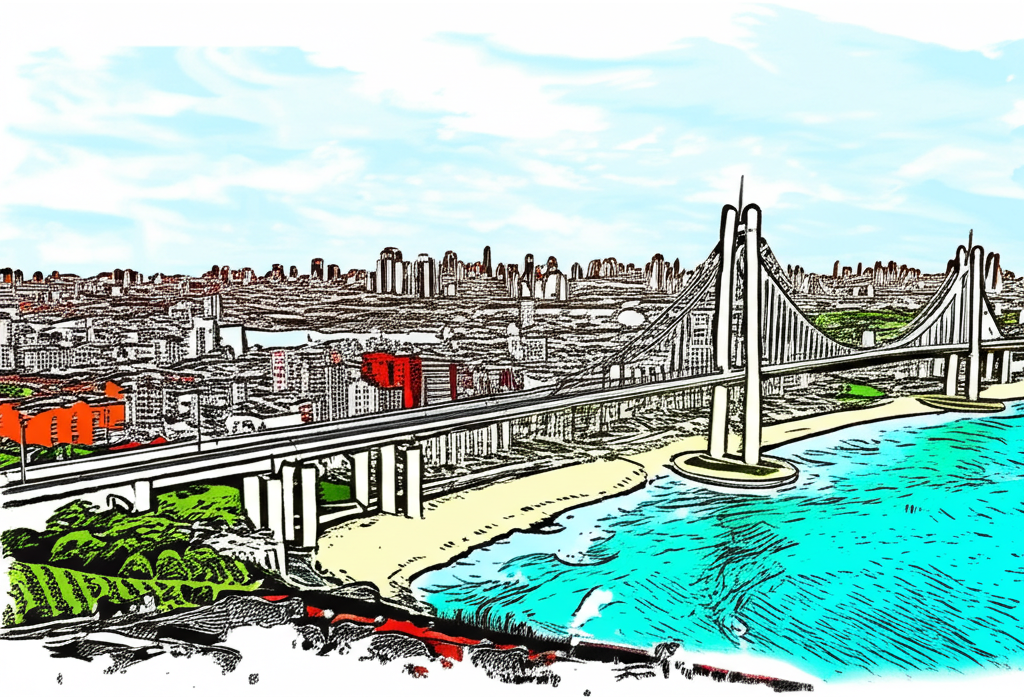In a heartbreaking series of events, multiple stampedes have led to tragic loss of life in Nigeria. This article delves into the incidents, the reactions, and the underlying issues plaguing the nation. We’ll examine how these tragedies expose deeper systemic problems, and what it means for the average Nigerian.
- Tragic Stampedes: Multiple stampedes, driven by desperation for food, led to the loss of dozens of lives across Nigeria.
- Peter Obi’s Reaction: The former presidential candidate expressed his deep sadness and highlighted systemic failures.
- Systemic Failures: The incidents expose deep-rooted societal issues, including economic hardship and food insecurity.
- Widespread Grief: Condolences pour in for the affected families and communities.
Multiple Stampedes Across Nigeria
Recent weeks have seen a series of tragic stampedes in Nigeria, resulting in numerous deaths, especially among children. These incidents occurred while people were desperately seeking food and support, painting a grim picture of the economic hardships faced by many. In Ibadan, Oyo State, a Christmas funfair turned deadly with about 35 fatalities, mainly children. This was closely followed by reports of another stampede in Abuja, where at least 10 lives were lost, and a further tragedy in Okija, Anambra State, during the distribution of rice, where 20 people died.
Obi’s Heartfelt Condolences and Reflections
Peter Obi, the 2023 presidential candidate for the Labour Party, has publicly expressed his deep sadness over these preventable deaths. In a statement shared on social media, Obi acknowledged the efforts of organizers providing palliatives but emphasized that such tragedies reveal the systemic flaws within the country. Obi, however, did not want to blame the organisers of the respective events for their kind gestures. He instead wants to focus on the bigger picture.
Systemic Failures Exposed
These stampedes are a stark reminder of the pervasive issues of economic hardship and food insecurity that plague Nigeria. Obi questioned how a nation blessed with so much can have its citizens die of hunger. He highlighted the irony of abundant resources versus the desperate reality of people fighting for survival. These incidents underscore the urgent need for addressing poverty and inequality at a national level.
The Aftermath and Calls for Change
The tragic events have sparked widespread grief and calls for systemic change in Nigeria. The public is questioning the economic policies and food distribution strategies that have seemingly led to such extreme desperation.
A Deeper Look into the Issues
These incidents are not isolated events; they reflect deeper-rooted problems within the nation. The causes can be attributed to:
- Economic Disparity: Extreme income inequality where a significant portion of the population lives in poverty.
- Food Insecurity: The inability of a substantial segment of the population to access adequate food.
- Inefficient Distribution: Problems with the distribution of resources, leading to chaos during aid programs.
These issues call for comprehensive solutions that address both short-term relief and long-term economic stability.
Moving Forward
The nation is in mourning, and the families are devastated. However, this time of mourning should also serve as a catalyst for change. Nigerians are demanding accountability and reforms. It is crucial to reflect on the events and work towards a more equitable society to prevent such tragedies in the future.





